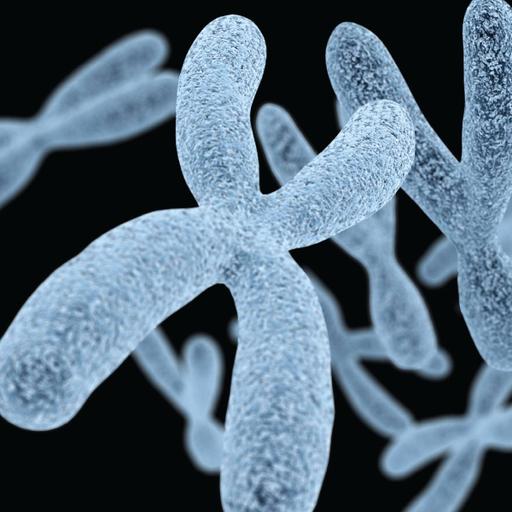Chromosome
Presentations | English
What is a chromosome? A structure found inside the nucleus of a cell. A chromosome is made up of proteins and DNA organised into genes. Each cell normally contains 23 pairs of chromosomes. Chromosomes are thread-like structures located inside the nucleus of animal and plant cells. Each chromosome is made of protein and a single molecule of deoxyribonucleic acid (DNA). Passed from parents to offspring, DNA contains the specific instructions that make each type of living creature unique. DNA is coiled around proteins called histones, which provide the structural support. Chromosomes help ensure that DNA is replicated and distributed appropriately during cell division. DNA wraps around proteins called histones to form units known as nucleosomes. These units condense into a chromatin fibre, which condenses further to form a chromosome. Every eukaryotic species has a characteristic number of chromosomes (chromosome number).

22.50
Lumens
PPTX (45 Slides)
Chromosome
Presentations | English
